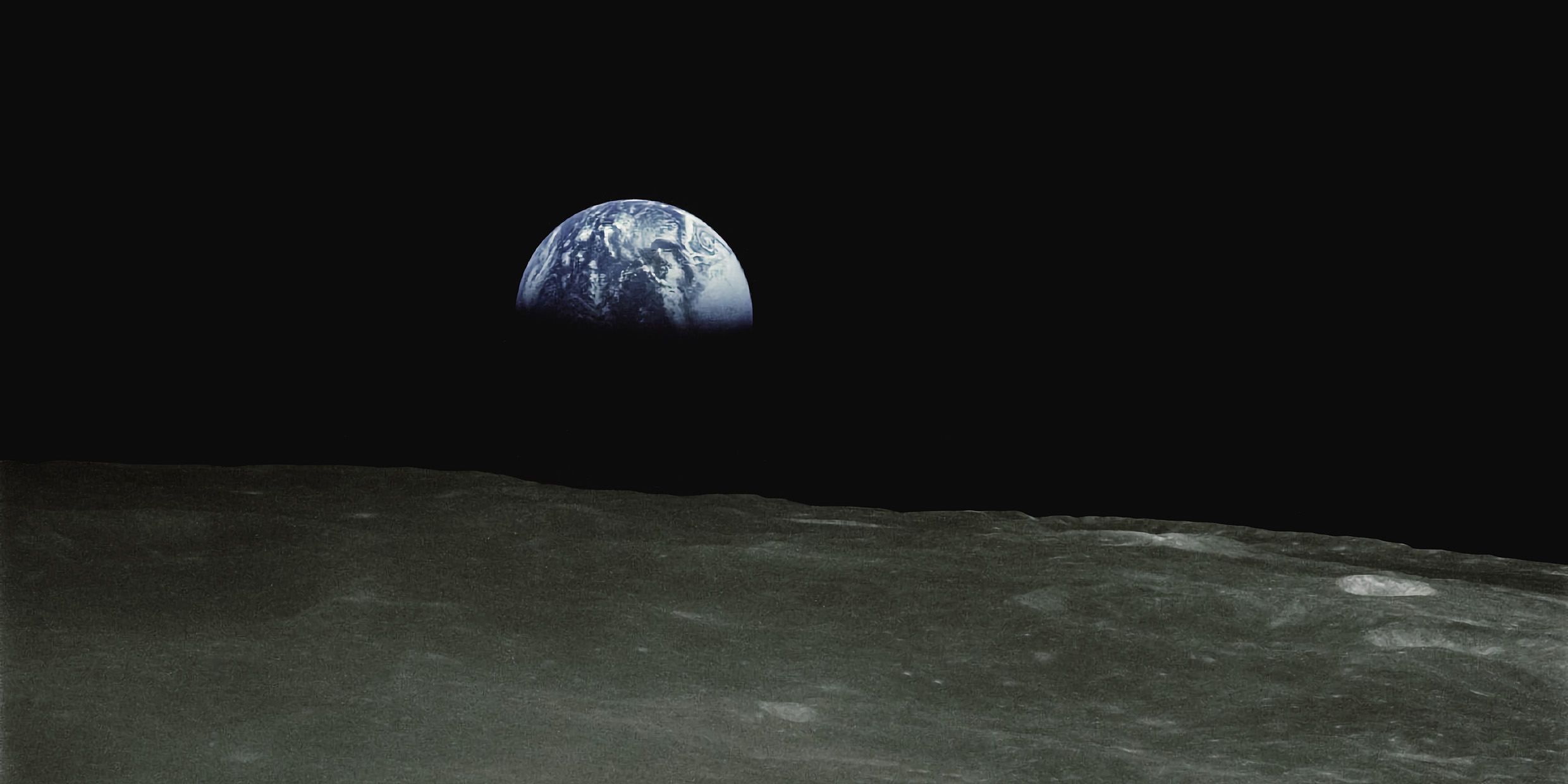Originally published 15 July 2003
Now that we have been introduced to the idea of faith-based social programs and faith-based public-education (vouchers), surely it is time for the administration in Washington to make its move on faith-based science.
Let’s get the government out of science. Shut down the National Science Foundation and the National Institutes of Health. Close shop at the national labs and observatories. Stop federal funding of research in our universities.
Let faith communities sponsor science. Provide tax support for faith-based “scientific” groups such as California’s Institute for Creation Research. Let local school boards decide what gets taught in the science classroom without interference from the federal courts.
Nearly half of Americans believe the Earth was created sometime in the past 10,000 years; why isn’t that view taught in public school science? Almost half of Americans profess faith in astrology; why doesn’t astrology get equal time with astronomy?
I’m being facetious, of course. Few things could be more reckless or dangerous to our nation’s health, wealth, and well-being than shattering the traditional barrier between science and faith. Yet more and more Americans urge just that, and they are an important part of the present administration’s constituency.
The secularization of science is one of the glories of civilization. Read any research report in any science journal and you will not be able to guess the religion, if any, of the authors. Walk into the research labs of any of the great faith-based universities — Boston College, say, or Brandeis University — and the science you encounter will be indistinguishable from that of any other university of stature anywhere in the world.
The scientific community has evolved ways to arrive at consensus based on reproducible empirical evidence, not faith. The science traditionally taught in our schools is consensus science, an evolving body of knowledge that makes no claim to infallibility. It does, however, claim an unprecedented degree of reliability.
Make no mistake: A 10,000-year-old Earth has no more empirical claim on the science classroom than astrology, ESP, or a belief in alien abductions. When the companies that supply textbooks to our public schools start editing the scientific consensus so as not to offend certain faith sensitivities, we begin our descent into ignorance and superstition.
When faith becomes a criteria for deciding the public school science curriculum, you can be sure that what is being taught is not science. Faith-based science is an oxymoron.
None of this is to put down religion or deny its importance in American life. Indeed, scientifically acquired knowledge of the world can give depth and meaning to the religious experience.
Microbiologist Ursula Goodenough in her book, The Sacred Depths of Nature, reminds us that the word religion derives from the Latin religio, to bind together again. She writes: “We have throughout the ages sought connection with higher powers in the sky or beneath the earth, or with ancestors living in some other realm. We have also sought, and found, religious fellowship with one another. And now we realize that we are connected to all creatures. Not just in food chains or ecological equilibria. We share a common ancestor… We share evolutionary constraints and possibilities. We are connected all the way down.”
Religious faith is deeply ingrained in human culture, and has inspired great works of art, music, literature, and architecture, as well as stupendous works of charity. It has also been a source of pogroms, crusades, jihads, and intolerance: Witness faith-based confrontations in Northern Ireland, Palestine, Kashmir, Kosovo, and East Timor.
There is no such thing, however, as Protestant science, Catholic science, Islamic science, Jewish science, or Hindu science. A Moslem chemist and a Hindu chemist see eye to eye as chemists. With so much havoc wreaked in God’s name, all the more reason we should preserve intact those few secular institutions that unite us in global solidarity.



